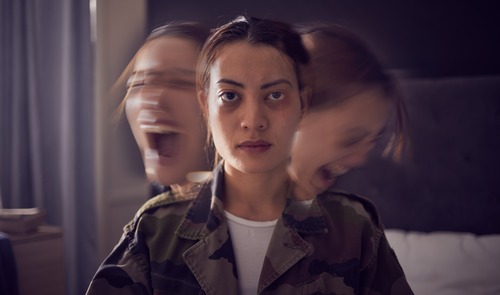Leaving addiction behind is extremely difficult. Substance abuse changes your brain, your behavior and how you perceive the world around you. When you stop taking the drug, you experience physical, mental and emotional negative symptoms (withdrawal). This is why the doctors at our Fayetteville drug detox center rely on a multi-approach addiction treatment which includes therapy.
Let us discuss why counseling is just as important as the specific medication which helps your body overcome addiction.
1. Identifying Triggers
Most addicts who want to embrace sobriety fear a relapse. They are not sure how they will react once the treatment is over and they go back into the world. Therapy has the role of identifying what would temp a patient to use drugs again.
Addiction triggers are varied:
- Emotions
- Situations or events
- Places
- People
During counseling sessions, the therapist will help the patient discover their specific triggers. This is the first step towards staying true to your decision to remain sober.
2. Building Coping Mechanisms
Our therapists know that it is impossible to avoid all the triggers around you. There are places and situations or emotional states which you will encounter – sometimes on a daily basis.
However, you will learn how to cope in these instances. Therapy sessions will teach you how to manage your emotions, handle various situations and avoid the temptation of using again. These coping skills are essential in the long term, because a recovered addict must be alert and aware of the risk of relapse even months and years after the detox program.
3. Learning New Hobbies and Ways to Enjoy Life
Addiction is like a black hole sucking everything that makes up a person inside it: friendships, relationships, hobbies, leisure activities and professional life. Once you come to our Fayetteville drug detox center and complete the program, you will feel that you don’t know what to do with your life.
You know that you cannot go back to any of the activities you used to do when you were using drugs. All these activities were related to drugs: obtaining them, using them, hiding the drug habit from your family and friends.
Therapy during addiction treatment will help you find a healthy and safe way of enjoying life. You may participate in various activities for patients and identify one you can embrace as a hobby once the detox program is over.
4. Finding a Support System
A support system is one of the best ways of coping after detox and avoiding triggers. You may find it hard to win back your family’s and friends’ trust immediately after detox. But, during group therapy sessions, you may find people who face the same problems as you and who want to be your friends.
This mutual support is invaluable when you complete the detox program and return to everyday life. You can share your fears and your worries with someone who understands exactly what you are going through.
5. Learning Effective Communication Strategies
People who have fallen victim to substance abuse are not able to communicate well with their loved ones anymore. They are ashamed of their habit and developing strategies to deflect attention. This is why families and friends often say that they feel like talking to a brick wall.
As part of drug detox, our therapists will teach you how to speak about your feelings, admit mistakes and open up to your family members about the struggle you’ve been through and the commitment to stay sober.
Therapists at Our Fayetteville Drug Detox Center Are Ready to Help You!
As you try to get over drug addiction, you need to regulate your emotions and prepare yourself for a return to a world full of triggers. With therapy, you will find the right coping mechanisms and the inner strength to do it.
We encourage you to reach out to the therapists at our Fayetteville drug detox center and make the first step towards a drug-free life. Call us today to schedule your initial appointment at 984-223-5341!





